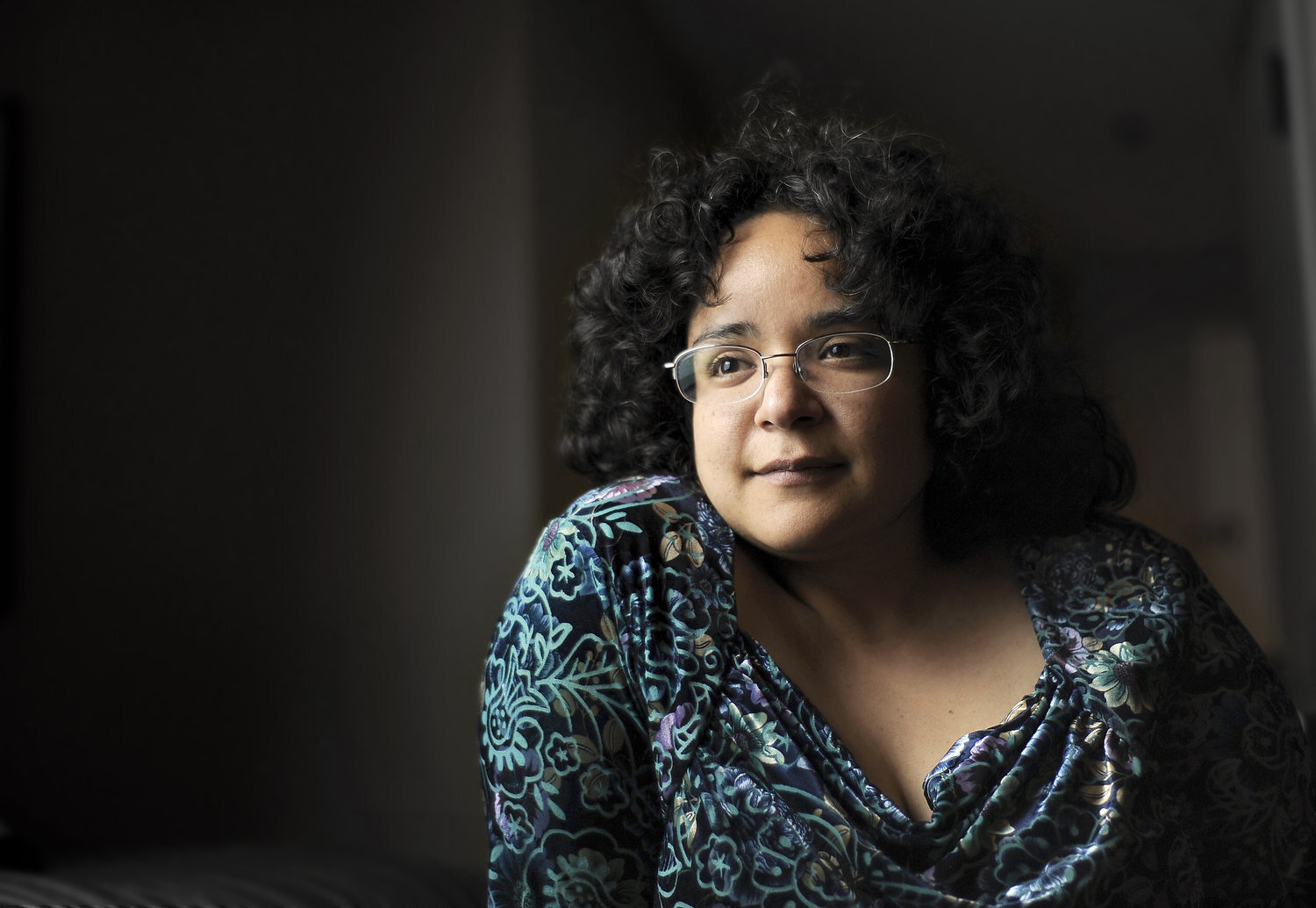Inaugurating the "Musician's Climate Citizenry" Blog
by Gabriela Lena Frank
In this truly unbelievable year of 2020, which has brought the world such history-making challenges, a new column specifically addressing the planet’s climate crisis comes to life.
I have to admit that this is unexpected for me — At the time of GLFCAM’s founding, I didn’t anticipate that one day, environmentalism would become a crucial part of its mission, that I would tie the activities of music-makers directly to Mother Earth’s health. And I feel fortunate to share this column with a kindred spirit, Rebecca McFaul, who serves as violinist with the Fry Street Quartet and is on the faculty at Utah State University.
Becca and I met last year in Logan, Utah. At that time, for two years leading up to our meeting, I had been in a constant state of shock, experiencing environmental crisis in the form of hellish fires here in my native California. I had been losing work as a professional composer because of fire endangerment, and feared people would stop employing me as a frequent-canceller. GLFCAM’s residencies held in-state were rescheduled and relocated so that I could avoid bringing visitors during an ever-expanding fire season who were not intimate with how to mind their behaviors so as to not inadvertently start a conflagration, or how to evacuate quickly and calmly.
Mostly, I was afraid to die, and worried that my friends and family would die, too.
It had become hard for me to cry, numbed as I was into ever-present anxiety, information-gathering, and preparation. I kept composing and stayed present with GLFCAM, but it took a Herculean effort. And I found that it was hard to talk about this with my musician peers. After all, wasn’t fire one of those crazy “Californian things” along with our earthquakes and housing crisis? Eyes especially averted when I talked about how eco-unfriendly flying was, deemed critical to a music professional’s existence.
I can’t blame anyone. I was a casual environmentalist (“Farm-to-table, y’all!”) until my state had its feet held to the coals, and I couldn’t escape how indisputably suicidal — societally and otherwise — my way of life was. I began to contemplate lifestyle changes that earlier seemed impossible, and publicly committed GLFCAM to a meaningfully greener existence.
If you’re an environmentalist, you’re experienced in grief. It’s a process — The shock, the accusing self-examination, the paralysis. Relentless, unyielding, worsening seasonal fire shook me out of the paralysis, and I started taking my long overdue steps towards activism. I’m approaching a half-century old, and I want to hit 100 years with my life partner, Jeremy, assured that I spent the second half of my life working to get the planet back to at least where it was in my girlhood when insects teemed from the dirt in my Berkeley backyard, and my hearing-aided ears picked up constant birdsong.
The birds have fallen so very silent, I now realize. It’s not right.
In Becca, I met someone else who had already begun grieving, herself. I don’t know how we did it but within minutes, we were lost in conversation, sharing our mutual alarm and aspiration, both, for our profession’s response to the crisis. In that safe space, we decided to write an article specifically addressing what musicians must do, and thankfully, a major publication, Chamber Music Magazine, was interested. Becca and I spent months discussing, tailoring, and writing the article, all the while keeping up with our professional music obligations, before submitting it to the discerning editorial staff at Chamber Music America where it was well-received.
Then, in March of 2020, COVID-19’s impact could no longer be denied. It hit the States, hard. And suddenly, the landscape changed forever. Pandemics are a sign of environmental distress and an urgent discussion of protecting Mother Earth has since become all the more pressing. Reeling from the pandemic's impact in our own lives, Becca and I added a forward and epilogue to our article which ran in early May in Chamber Music Magazine’s Spring 2020 issue; and is reprinted as the second essay of this column.
We are not experts, only two artists who want to do our part, writing vulnerably about taking on land stewardship, confronting resistant politicians and music industry professionals, and educating ourselves with science. While it seems impossible to do this during massive economic decline, social/racial unrest, and a volatile potentially violent election year in the States, the crisis can’t wait as it affects every aspect of life, every hour of the day. We hope to have this conversation with you.
Gabriela Lena Frank is the director of the Gabriela Lena Frank Creative Academy of Music. Included in the Washington Post's list of the 35 most significant women composers in history (August, 2017), Gabriela was born in Berkeley, California. Winner of a Latin Grammy, she has composed for leading orchestras and worked with luminaries like cellist Yo Yo Ma, soprano Dawn Upshaw, the King’s Singers, and the Kronos Quartet. She also is a passionate believer in service, and has brought her love of music into hospitals, schools, and prisons. Learn more on Gabriela's bio page.

